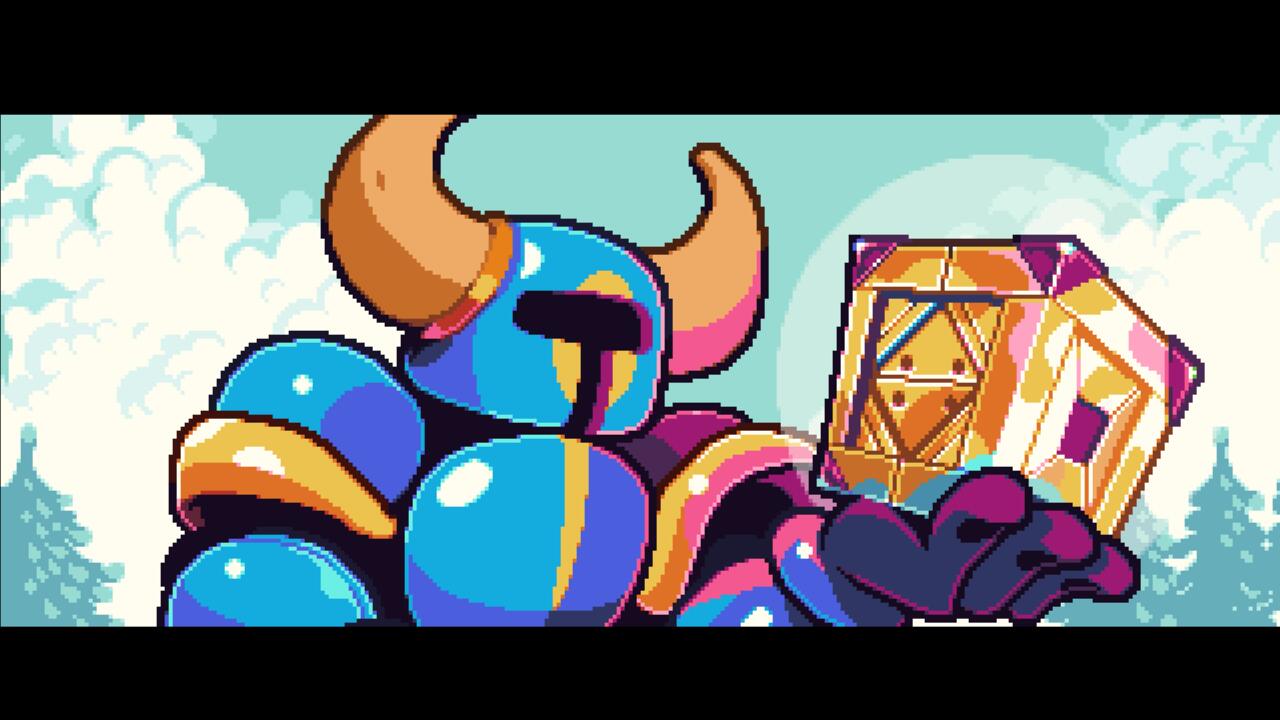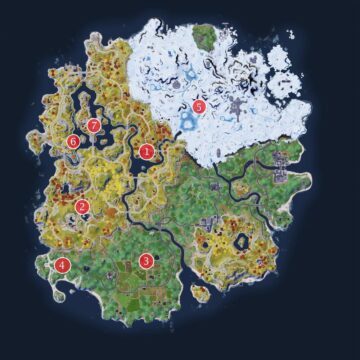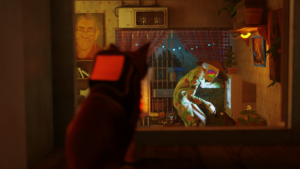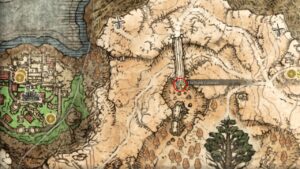For a character with only one official game release, Shovel Knight has certainly gotten around. The hero from Yacht Club’s retro adventure has appeared in countless other games, has been immortalized as an Amiibo, and enjoyed a healthy stream of DLC. Shovel Knight: Pocket Dungeon marks the first completely new game for the character since his debut. And though it’s a huge departure from the original action game, it expands on the franchise’s range with a clever blend of puzzle and rogue-lite mechanics. The result is one of the most inventive puzzle games I’ve played in years.
Right from the start, Pocket Dungeon’s core mechanics defy easy categorization. It’s a tile-matching puzzle game, but rather than a cursor, your character is its own tile on the board. You ram yourself into enemies to eliminate them, which means your own movement around the grid is a large part of the strategy. You’re often looking to eliminate large groups of enemies at a time, but you can just as easily take out single enemies to clear a path or create space for a larger clump. Enemies move whenever you move, but a timer ticks down and then they’ll move independently as well. Both you and your enemies have a series of tick-marks to signify your HP. Essentially, it’s a puzzle game that feels like an action game.
If all that makes Pocket Dungeon sound overwhelming, don’t worry; in practice it’s anything but. Yacht Club and Vine have done a masterful job of meticulously introducing how all of the pieces fit together so naturally that you hardly notice how much you’ve learned after the first handful of times playing. The fiendish simplicity of the mechanics starts to iterate on itself as you encounter new enemy types with special properties, like growing much stronger in groups or vanishing after the first strike until you hit something else. When you find items lying around the world, they’re immediately recognizable with short, pithy descriptions to cue you in on their functions.
While Shovel Knight is the star and lead character, he’s far from the only one. The game unlocks various other knights from the Order of No Quarter, each with their own powers. Seeing how their action-game abilities have been transmogrified into this new genre concept is always a thrill, and they introduce wildly different ways to play. Tinker Knight, for example, is more vulnerable than Shovel Knight with lower HP, but he can use the metal pieces he gathers from a stage to temporarily build a super-powerful mech suit that rips through enemies. Spectre Knight, meanwhile, actually loses HP when he drinks restorative potions, but regains life by defeating enemies. King Knight can perform a powerful shoulder-charge from a distance, at the expense of his own health. Part of the joy of a run is often discovering a new boss and knowing that defeating them will bring them back to your camp so you can play with their new powers.
On top of this foundation, the game introduces its rogue-lite dungeon crawler elements. You use your gathered gems to purchase Relics that will then become available out in the field, and you can usually purchase one Relic upgrade per stage. Those might be as simple and straightforward as an HP increase, or as strategically complex as giving you +1 damage for every 10 steps you take. The game is built to be played as a rogue-lite, with your power level increasing as you make your way through various stages. You do get the option to fast-travel to later stages, but this is essentially only good for familiarizing yourself with new enemies, since you need to have gathered some Relics to stand a chance in later areas. I fruitlessly bashed my head against later stages that I had fast-traveled to before realizing that I needed to engage with the game on its own terms. That meant I had to treat it like a rogue-lite and start a fresh run every time.
There is also a larger, meta-puzzle at play in the Adventure mode story. Shovel Knight and various other characters from the world are drawn into the Pocket Dungeon, and a new character, Puzzle Knight, asks them to help him solve the mystery of how to escape. It’s clear from the start that there’s more going on, but as you play through, you’ll progressively uncover more information about what’s really going on. Discovering that larger puzzle, which may end up taking several runs, just adds to the satisfaction of seeing the adventure unfold. The Adventure story may be short-lived if you take to the mechanics quickly enough, but it’s a fantastic experience while it lasts. Plus the wealth of unlockable characters adds to its replayability.
Outside of the Adventure mode, you can also play Vs for a typical tile-matching battler against human or CPU opponents, attempting to bury your opponent in junk while clearing your own board–with the additional wrinkle of the wide variety of characters and their powers. And a Daily mode starts with a set character for a new run to compare yourself on the leaderboards with players worldwide, including the ability to see what Relic builds the best players used.

Gallery
Finally, while puzzle games can often be off-putting in demanding that you simply “get good,” Shovel Knight: Pocket Dungeon is extremely accommodating. The options let you toggle just about everything, including game speed, HP, and attack damage. Some of the toggles will impact the ability to earn Feats, but if you want to ease into the more difficult mechanics or just relax and take it easy for a few runs, the game allows you to do that.
Years ago, Yacht Club introduced Shovel Knight to the world with a retro game that just feels right, thanks to pixel-perfect platforming that recalls the best of the NES days. With Shovel Knight: Pocket Dungeon, it applies that same level of polish to an entirely new genre and mechanics, and then uses the twist of rogue-lite elements to give it a completely new spin. It’s inviting enough to feel immediately familiar, while mechanically complex enough to keep you coming back for one more run, and then another, and maybe just one more.
- "
- abilities
- About
- Action
- Additional
- Adventure
- All
- Another
- around
- available
- BEST
- board
- build
- club
- coming
- damage
- different
- distance
- down
- Eliminate
- engage
- expands
- experience
- First
- fit
- Foundation
- Franchise
- fresh
- game
- Games
- Giving
- good
- Grid
- Growing
- head
- Health
- How
- How To
- HP
- HTTPS
- huge
- human
- i
- image
- Impact
- Including
- Increase
- information
- introduced
- IT
- Job
- King
- large
- lead
- learned
- Level
- May
- Mechanics
- metal
- more
- move
- official
- Option
- Options
- order
- Other
- play
- players
- Playing
- Plus
- power
- powerful
- purchase
- Puzzle
- RAM
- range
- RE
- release
- Retro
- review
- Run
- s
- Series
- set
- Short
- Simple
- So
- SOLVE
- Space
- Spectre
- speed
- Spin
- Stage
- start
- Story
- straightforward
- Strategy
- The
- the world
- Through
- time
- together
- top
- treat
- twist
- uncover
- vine
- Vulnerable
- Wealth
- What
- world
- worldwide
- years











